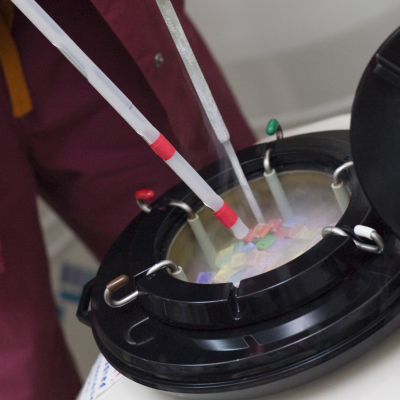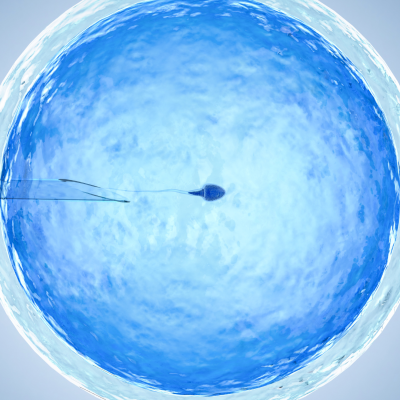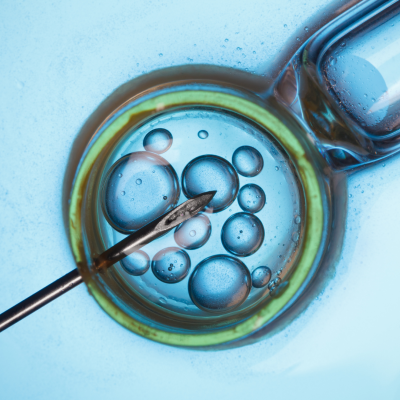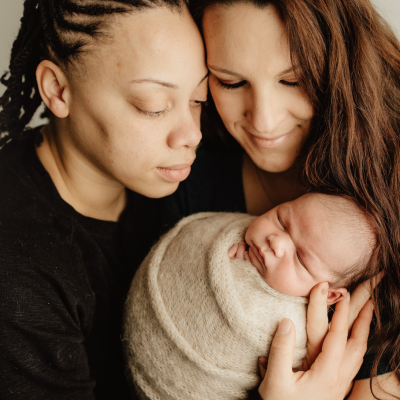Egg Donation in Los Angeles
Egg donation achieves some of the highest success rates among all available fertility treatments. For those patients with low ovarian reserve (diminished ovarian reserve), egg donation may be an appropriate treatment. With consistently high egg donation success rates year after year, Dr. Mor and his team have helped many couples achieve their dream of becoming parents through this uniquely customized fertility treatment.
Egg Donation
Despite advanced fertility treatments available today, some couples may still face difficulties conceiving because of an egg factor. In such cases, the female patient’s eggs cannot be used to create healthy embryos, and egg donation (oocyte donation) is undertaken. In egg donation, embryos are conceived using eggs obtained from a young egg donor (“donor”) and sperm. In order to maximize success rates for the intended parents, the donor undergoes ovarian stimulation with injectable medications and multiple eggs are produced. Simultaneously, the intended mother’s (“recipient’s”) uterus is prepared for implantation. The eggs are then harvested from the donor and fertilized with the intended father’s sperm in the laboratory. The embryos are next transferred into the recipient’s uterus so that she may carry the pregnancy.
Women who are of advanced reproductive age and/or those with diminished ovarian reserve, prematurely menopausal and menopausal women, or women who are carriers of specific genetic disorders may be candidates for egg donation. Additionally, egg donation, combined with gestational surrogacy, is a wonderful option for family building for gay men and couples who wish to have a biological child.
Conception and live birth rates are typically highest with egg donation compared with any other assisted reproductive technology treatment. Egg donation is a wonderful alternative for couples who cannot conceive using other methods. The experience is exceptionally gratifying to the couple as well as the donor.
The California Center for Reproductive Health is proud to offer couples egg donation. We understand that egg donation is not a couple’s first choice for conception and recognize the emotional investment in the process. Our egg donation team of professionals strives to make the process confidential, safe and effective. We carefully screen each donor in our program with a comprehensive health questionnaire, physical, psychological, genetic, and ultrasound examinations. Each recipient’s health status is carefully evaluated to ensure a safe pregnancy. Our egg donation program is dedicated to the ultimate goal: a healthy child.
Don’t just take our word for it!
Listen to what our patients have to say.
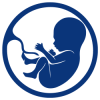
3,000+

20+

2X
FAQ
Reproductive endocrinology and Infertility is a sub-specialty of Obstetrics and Gynecology. In addition to managing medical and surgical treatment of disorders of the female reproductive tract, reproductive endocrinologist and infertility (REI) specialists undergo additional years of training to provide fertility treatments using assisted reproductive technology (ART) such as in vitro fertilization.
Reproductive endocrinologists receive board certification by the American Board of Obstetrics and Gynecology in both Obstetrics and Gynecology and Reproductive Endocrinology and Infertility.
In general, patients should consider consulting with an REI specialist after one year of trying unsuccessfully to achieve pregnancy. The chance of conceiving every month is around 20%, therefore after a full year of trying approximately 15% of couples will still not have achieved a pregnancy.
However, if a woman is over the age of 35 it would be reasonable to see a fertility specialist earlier, typically after 6 months of trying.
Other candidates to seek earlier treatment are women who have irregular menses, endometriosis, fibroids, polycystic ovary syndrome (PCOS), women who have had 2 or more miscarriages, or problems with the fallopian tubes (prior ectopic pregnancy).
Approximately 1/3 of the time cause for infertility is a female factor, 1/3 of the time a male factor, and the remaining 1/3 a couples’ factor.
At CCRH, we emphasize the importance of establishing a correct diagnosis. Both partners undergo a comprehensive evaluation including a medical history and physical exam.
Furthremore, the woman’s ovarian reserve is assessed with a pelvic ultrasound and a hormonal profile. A hysterosalpingogram (HSG) will confirm fallopian tube patency and the uterine cavity is free of intracavitary lesions. A semen analysis is also obtained to evaluate for concentration, motility, and morphology of the sperm.
Additional work up is then individualized to direct the best possible treatment option for each couple.
In vitro fertilization (IVF) is the process that involves fertilization of an egg outside of a woman’s body.
The process starts with fertility drugs prescribed to help stimulate egg development. In your natural cycle, your body is only able to grow one dominant egg, but with stimulation medication we can recruit multiple eggs to continue to grow. After about 8-10 days of stimulation, the eggs are surgically retrieved and then fertilized with sperm in a specialized laboratory. Fertilized eggs are then cultured under a strictly controlled environment within specialized incubators in the IVF laboratory for 3-5 days while they develop as embryos. Finally, embryos (or an embryo) are transferred into the uterine cavity for implantation.
Before deciding if IVF is the right choice, it’s important to sit down with an REI specialist to discuss available treatment options. For some people, other methods such as fertility drugs, intrauterine insemination (IUI) may be the best first choice treatment. At CCRH, we believe each individual couple is unique and not everyone needs IVF.
While not painful, the fertility medications may some side effects including headaches, hot flashes, mood swings, and bloating. The injection sites may also bruise.
Unfortunately, no. Many people think once they start IVF it’s a matter of time that they will be pregnant and have a baby. But according to national statistics per the Society of Assisted Reproduction (SART), on average 40% of assisted reproduction cycles achieve live births in women under age 35. The chances of success then continue to decrease with advancing age.
At CCRH, we employ only evidence-based interventions to ensure patient safety and optimal outcome. While we cannot guarantee a baby, we guarantee that you will receive the best, most advanced, personalized care to help you maximize your chance of a baby.
The average IVF success rate (success measured in live birth rate) using one’s own eggs begins to drop around age 35 and then rapidly after age 40. This is due to the decline in egg quantity and egg quality as a woman ages.
Our clinic’s success rate consistently beats the national average year after year.
Individual insurance plans often do not have any coverage for infertility treatments. If you have a group plan, you can call members services to see if they have coverage for infertility (including consultation/workup and IVF).
After your consultation with our REI specialist, one of our dedicated account managers with sit with you to go over the cost of treatment.




